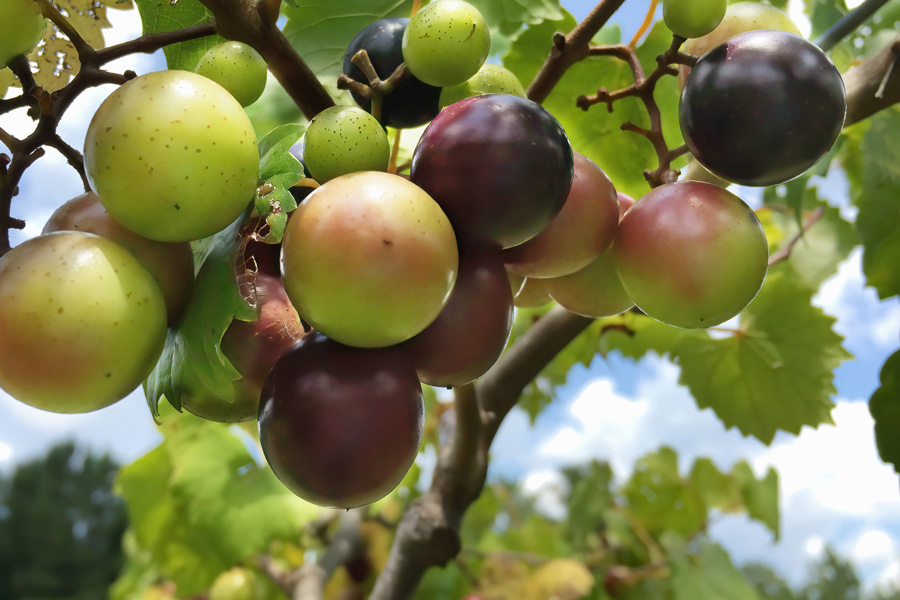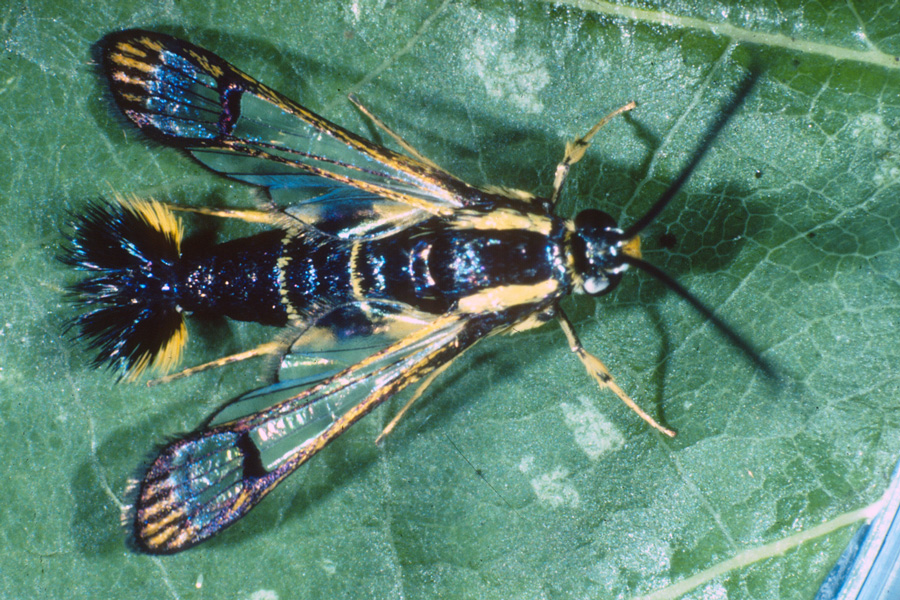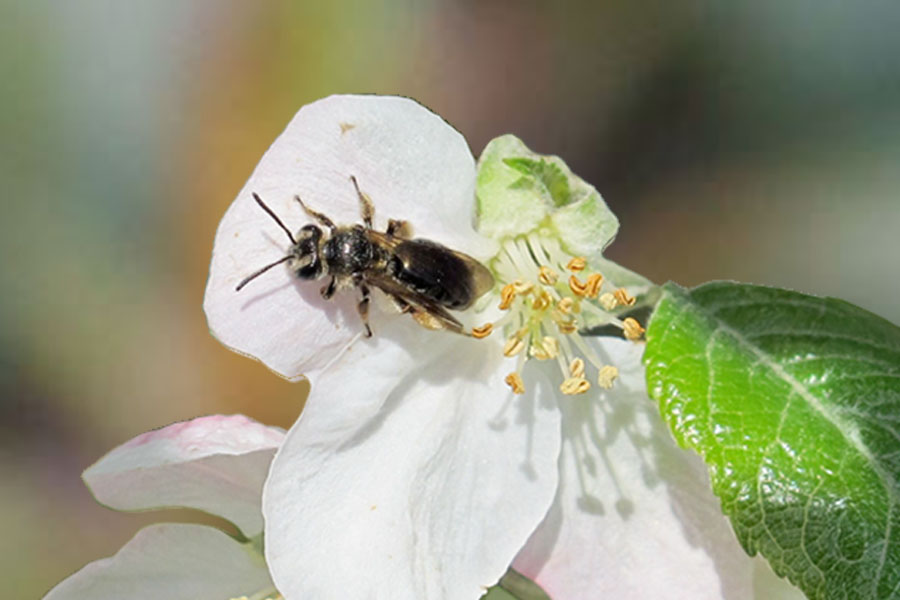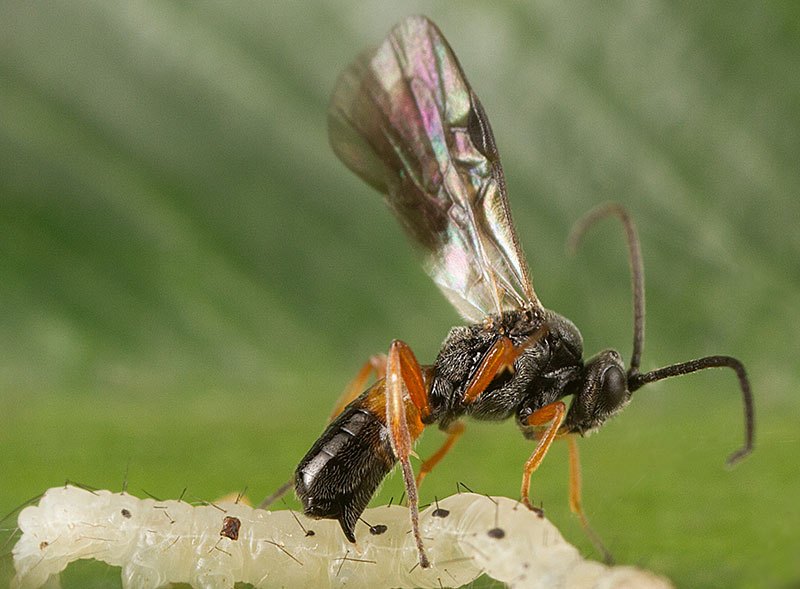
The tea scale, Fiorinia theae (Hemiptera: Diaspididae), is a serious economic pest of several ornamental plants in nurseries and landscapes in Georgia, including camellias and hollies. Tea scales are armored scales that cause chlorosis (yellowing) of the leaf tissue, and under severe infestations, they can cause plant death. These pests undergo multiple overlapping generations per year and are very challenging to control. Even after control measures are administered, the plant retains the damaged leaves for at least a season. It usually takes two to three years to bring the infestations under control after the application of effective insecticides.

Published by University of Georgia Cooperative Extension. For more information or guidance, contact your local Extension office.
The University of Georgia College of Agricultural and Environmental Sciences (working cooperatively with Fort Valley State University, the U.S. Department of Agriculture, and the counties of Georgia) offers its educational programs, assistance, and materials to all people without regard to age, color, disability, genetic information, national origin, race, religion, sex, or veteran status, and is an Equal Opportunity Institution.
Status and Revision History
- Published on May 27, 2020
What is a Circular?
Circulars are more focused than Bulletins and will discuss one subject in a limited form.
Written and Reviewed by Experts
This resource was written and reviewed by experts. Click below for more information on how we produce science you can trust.






